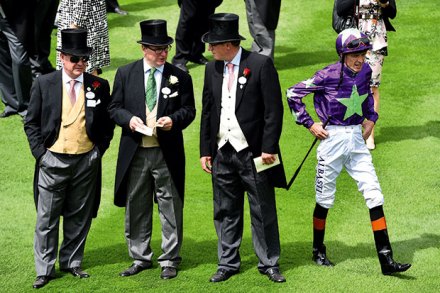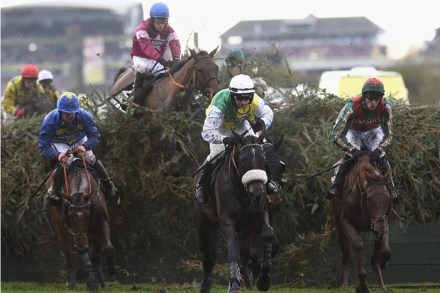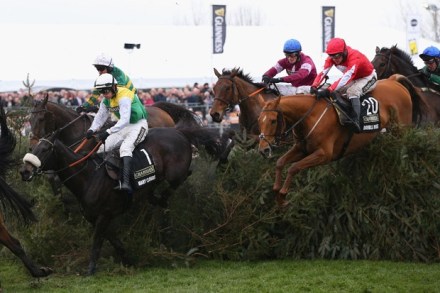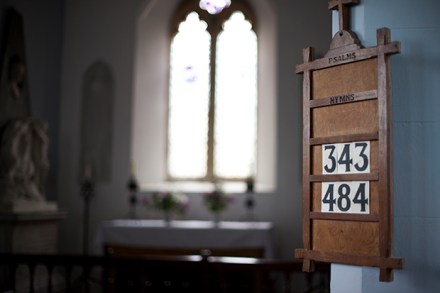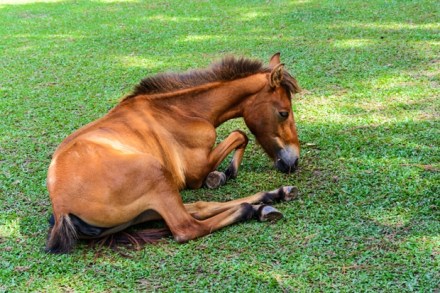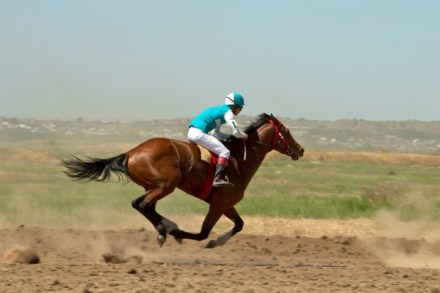Girl power | 9 June 2016
How much strength do you need to win a horse race? Do women have enough? And if they don’t should they be given an allowance to help them in one of the few sports where they compete professionally against men? The question came up as I shared a farmer’s platter with champion trainer Paul Nicholls in his Ditcheat local at the end of the jumping season. Paul is no softie: one of the things he most admires in Ruby Walsh is his toughness, win or lose, and the end was signalled for one young rider in the Nicholls yard because he came into the unsaddling enclosure in tears after a


